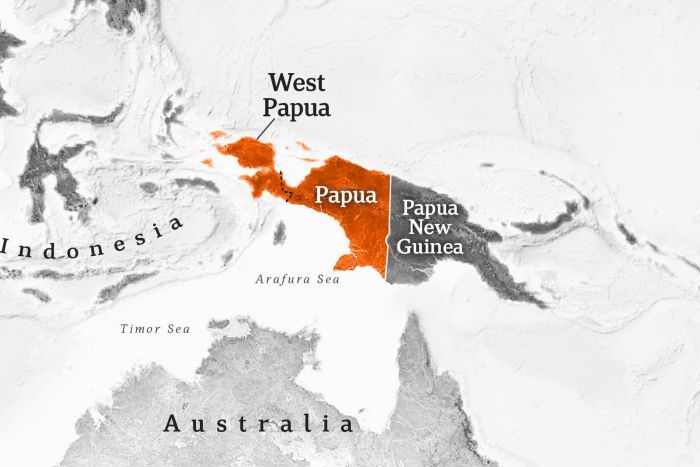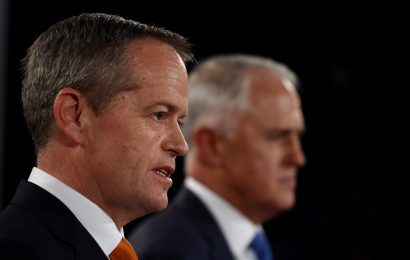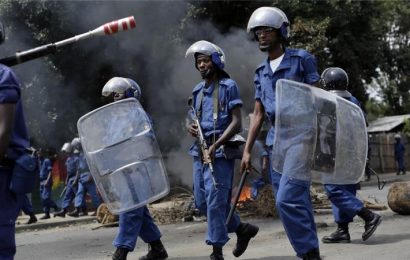Indonesian elections this week will mean the noken system will be used in 12 out 29 regencies in Papua province
In Indonesia’s elections for president, vice-president, and members of the legislative assembly that will be taking place this week on April 17, around 190 million people will be eligible to cast their vote. However, it will not be that simple for illiterate communities in remote areas of the vast archipelago, which will actually be voting differently than the rest of the nation. Even though it will be the world’s biggest single day of democratic elections, people in Papua and West Papua will be voting by using a communal method known as the noken system.
The provinces of Papua and West Papua are often referred to collectively as West Papua overseas, and have been the site of a decades-long conflict between Indonesian forces and those wanting independence. The noken voting system is a traditional communal method of voting which has been criticized by many as being undemocratic and open to manipulation. The work noken refers to traditional Papuan bags made out of woven tree roots which are used to collect the votes.
Basically, the noken system works in two ways, either the “Bigman” vote – when the head of a tribe votes on behalf of its members, or by using the noken bags to gather ballots in full view of the public. However, both methods have been criticized by analysts and politicians for being open to corruption, manipulation, and undermining democracy. While at the same time, analysts say the traditional system is also a “symbol of cultural values.”
The noken system was allowed in Indonesia starting with 2009 when a concession was made based on West Papua’s traditional culture. However, Jenny Munro, a cultural anthropologist that focuses on West Papua at the University of Queensland said: “Indonesia does not normally support local political systems or governance approaches that diverge from the national ‘normal’”. She also added: “Some Papuan highlanders I know feel that they are stronger together, in collectives – big or small – because they feel overwhelmed by non-Papuans and [feel] unsafe.”
Source: abc.net.au




